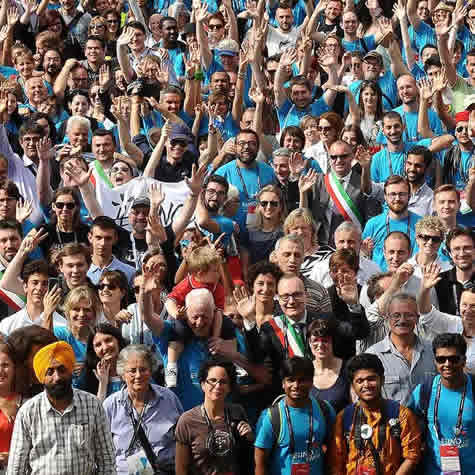According to Wikipedia, OK “denotes approval, acceptance, agreement, assent, or acknowledgment.” It can also be used “as a versatile discourse marker… to seek confirmation” as in, are you OK?
73% of internet users have witnessed harassment online. 40% have experienced it personally. On Wikipedia, harassment has affected more than a third of volunteers, and more than 50% of Wikipedians who reported being harassed say they decreased their activity on the site. That means less information in fewer languages from fewer perspectives.
This is not acceptable. Collaborating on free knowledge projects from across cultures requires a baseline of care and respect. We need to make sure everyone can feel OK when they participate.
At the Wikimedia Foundation, the well-being of volunteers is monitored and supported by the Support and Safety team. This team vetted and responded to more than 240 emergency requests last year. They are not only committed to reducing harassment on the site, but also to protecting the critical spirit of global collaboration. This group checks in on active editors and contributors, routinely asking and assessing if they are OK.
In December 2016, Wikimedia’s Board of Trustees formally committed the organization to doing even more for community health—“eliminating harassment, promoting inclusivity, ensuring a healthier culture of discourse, and improving the safety of Wikimedia spaces.”
This is a commitment to people and respect. It’s about getting things  .
.
